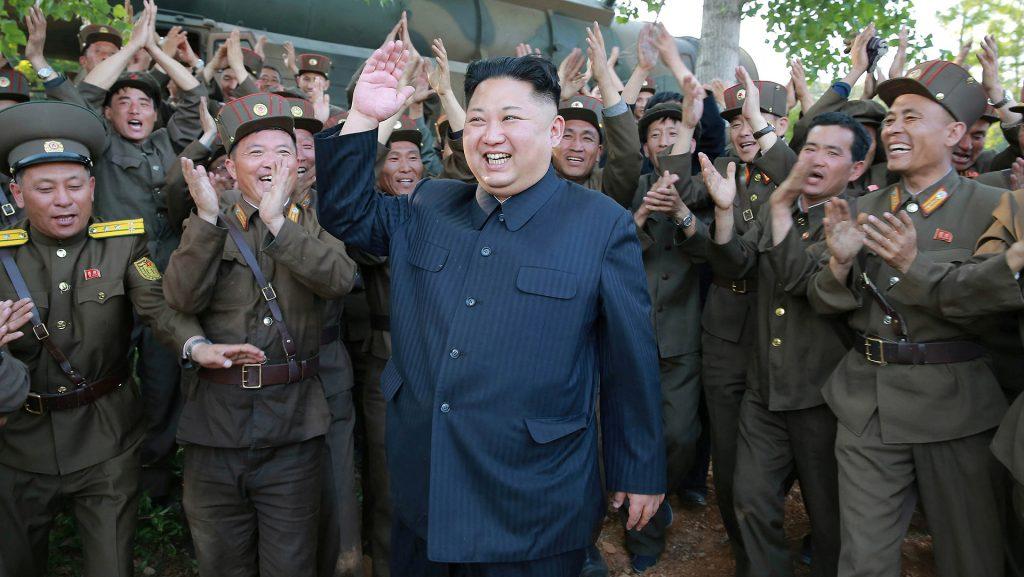SEOUL, South Korea — With the upcoming opening of the 2018 Winter Olympic games in South Korea and recent front-page headlines about tense relations between the two countries on the Korean peninsula, the worldwide focus is on South Korea.
Recent reports about North Korea’s decision to take part in the Olympics in February is good news to most South Koreans. The two nations are also considering forming a joint women’s hockey team with athletes from both the North and South.
Yunyoung Kim, a South Korean student at Ewha Women’s University, will interpret for International Olympic Committee members at the 2018 Winter Olympics in PyeongChang.
Similar to the possibility of an upcoming joint women’s hockey team, Kim said.North and South Korea competed as one team in a 1991 table-tennis championship.
“That was a really historical moment,” she said. “It was like we are one country cooperating and playing alongside together.”
RELATED: Life in North Korea
Ewha students Angel Trachta and Stephanie Yu also hope to attend events at next month’s Olympics, which serves as a symbol for international cooperation.
They, like many others, hope that the peaceful and cooperative spirit of the games will lead to better relations on the Korean peninsula.
In the United States, there has been considerable media coverage on talks between the United States and North Korea. Recently, North Korean leader Kim Jong-un said he was willing to open dialogue with South Korea, which would be the first formal talks in two years.
Twitter posts from President Donald Trump and Kim Jong-un describing their ability to press nuclear “buttons” have not been reassuring to many Americans.
However, Trachta, a University of Iowa student from Iowa studying abroad in Seoul, said the North Korean nuclear threat has had zero effect on her study-abroad experience. She said she experienced no worries or concern about it prior to embarking on her study-abroad program last fall.
RELATED: Former national-security adviser talks North Korean diplomacy
Additionally, Trachta said, she noticed a difference in the perspectives on North Korean relations between the people of South Korea and the United States.
“For me, I can definitely see the difference in how the U.S. media play a role in promoting negative perspectives of North Korea, which advocates propaganda to fight against North Koreans,” Trachta said.
Yunyoung Kim said the younger generation of South Koreans is quite used to tension with the North.
“We were born in a generation where we were already divided,” she said.
Yu, a Korean-American student in Seoul, emphasized the general lack of salience placed on the North Korean nuclear threat by South Korean civilians.
“I think I’m kind of used to them threatening with missiles. I remember when I was younger, I was worried about it because there was news that North Korea found a way to shoot a missile to reach us,” Yu said. “But my mom told me that it’s a lie and that it will always be a lie. So I don’t really have concerns about it, to be honest.”



